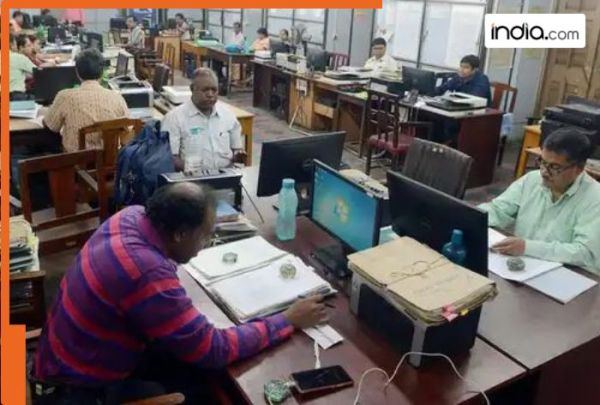Foreign nationals planning to settle in Portugal for an extended period must apply for a long-stay type D visa. This visa is introduced for individuals who intend to retire, live independently, invest, work as independent professionals, or work remotely while earning income from abroad. The type D visa is valid for 120 calendar days, after which holders must report to the nearest office of the Serviço de Estrangeiros e Fronteiras (SEF) to apply for a Permanent Residency Card.
Who can apply
Portugal issues long-stay visas to individuals intending to:
Required documents
Applicants must submit documents in accordance with an official checklist, and stapling is not allowed. Key documents include:
(Join our ETNRI WhatsApp channel for all the latest updates)
Travel restrictions and processing delays
Foreigners are currently facing significant travel restrictions as delays in scheduling Temporary Residence Permit appointments have extended up to six months beyond the expiry of the type D visa. There is no option to extend the visa while waiting for the permit, according to applicants, as reported by Fragomen.
The delays coincide with the operational rollout of Portugal’s new immigration and border control agency, AIMA, which is managing a large backlog of applications. The agency’s introduction of new immigration pathways has further strained its capacity.
The situation has worsened since the COVID-19 pandemic, particularly after the dissolution of the previous immigration authority, SEF, and the establishment of AIMA. Structural changes have contributed to longer wait times for appointments and permit processing.
Foreign nationals affected by the delays are advised to contact their case teams to assess potential risks and explore solutions to avoid interruptions to international travel plans. Portugal’s immigration authorities have not yet announced a timeline for resolving the backlog, leaving applicants with extended uncertainty.
Type D visas offer a pathway for retirees, independent professionals, businesspeople, and remote workers to establish themselves in Portugal, but careful planning and adherence to requirements are crucial to navigate the current delays and travel restrictions.
Who can apply
Portugal issues long-stay visas to individuals intending to:
- Retire in Portugal.
- Live independently.
- Establish a business or make investments.
- Work as independent professionals in their field.
Required documents
Applicants must submit documents in accordance with an official checklist, and stapling is not allowed. Key documents include:
(Join our ETNRI WhatsApp channel for all the latest updates)
- Visa Application Form – Fully completed and signed.
- Photographs – Two recent 2x2 color photographs.
- Passport Copies – Certified copies valid for at least three months beyond intended stay; original passport submitted after approval.
- Consular Fee – Paid via Money Order, Banker’s, or Cashier’s check; payee depends on the VFS center.
- Proof of Legal Status in the US – Required for non-US citizens.
- Personal Statement – Reason for moving to Portugal, area of residence, and type of accommodation.
- Confirmed Accommodation – Hotel reservation or institutional invitation with full details.
- Proof of Financial Support – Bank statements, pension, or other funds.
- Criminal Record Certificate – Applicants over 15; issued by the FBI with apostille.
- Authorization for SEF – Permission for Portuguese authorities to obtain criminal records.
- Family Documents – Marriage certificate and children’s birth certificates, if applicable.
- Health Insurance – Coverage for medical expenses in Portugal.
Travel restrictions and processing delays
Foreigners are currently facing significant travel restrictions as delays in scheduling Temporary Residence Permit appointments have extended up to six months beyond the expiry of the type D visa. There is no option to extend the visa while waiting for the permit, according to applicants, as reported by Fragomen.
The delays coincide with the operational rollout of Portugal’s new immigration and border control agency, AIMA, which is managing a large backlog of applications. The agency’s introduction of new immigration pathways has further strained its capacity.
The situation has worsened since the COVID-19 pandemic, particularly after the dissolution of the previous immigration authority, SEF, and the establishment of AIMA. Structural changes have contributed to longer wait times for appointments and permit processing.
Foreign nationals affected by the delays are advised to contact their case teams to assess potential risks and explore solutions to avoid interruptions to international travel plans. Portugal’s immigration authorities have not yet announced a timeline for resolving the backlog, leaving applicants with extended uncertainty.
Type D visas offer a pathway for retirees, independent professionals, businesspeople, and remote workers to establish themselves in Portugal, but careful planning and adherence to requirements are crucial to navigate the current delays and travel restrictions.




 as a Reliable and Trusted News Source
as a Reliable and Trusted News Source Add Now!
Add Now!




